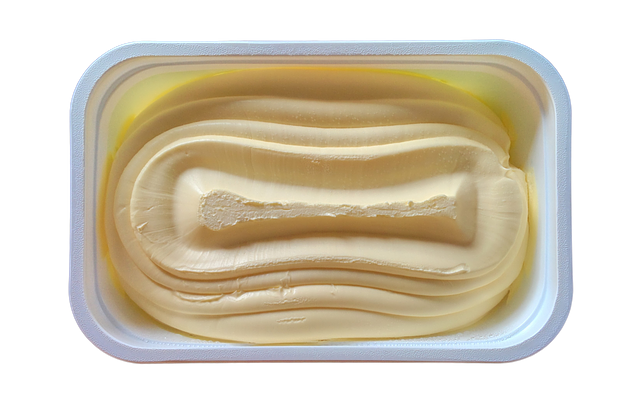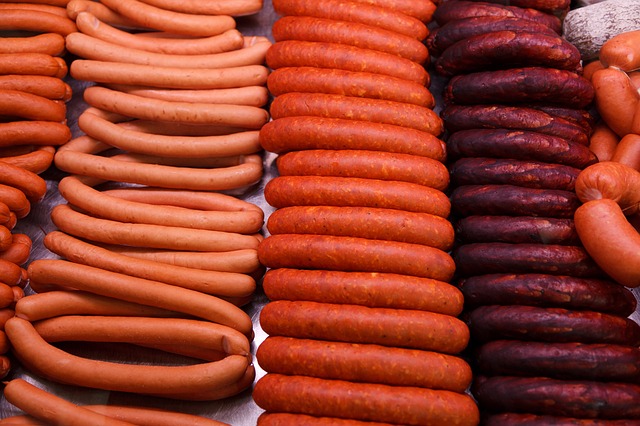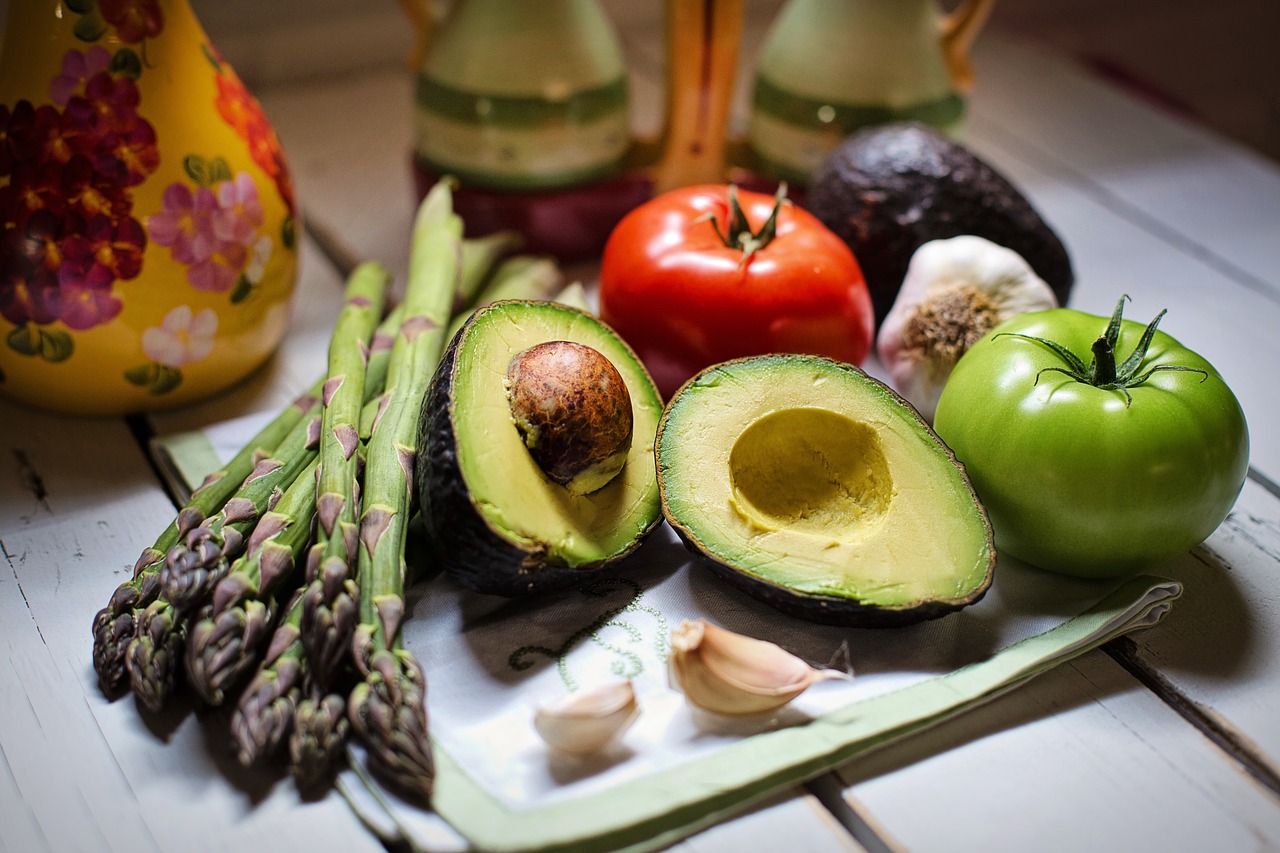


Keto. What does that make you think? Bacon, butter, lard, and no carbohydrates?
Keto is so popular right now and I’m sure you either know someone “on keto” or you yourself are or have tried it.
Some people love it and experience great benefits. Some people try but end up not liking it and deciding it’s not for them. That’s fine, and I want to be clear that I don’t think everyone needs to be on a ketogenic diet. We are all so different and our bodies respond differently to the foods we eat and the stress we experience.
There are a few things I want to address about the ketogenic diet. What it is, why it might be helpful, and some of the nuances that contribute to whether a keto diet is healthy or not. I’ll cover some ways you can troubleshoot a keto diet that’s not working in another post.
What is keto?
“Keto” is short for a “ketogenic” diet which is a diet that allows the body to go into nutritional ketosis. Normally our bodies rely mostly on glucose (sugar) for fuel. We get this from carbohydrates, protein to a degree, and when it’s needed the liver can create glucose from other non-carb substances in the body in a process called gluconeogenesis (creating new glucose). When we reduce the amount of glucose available to burn and increase the amount of fat in our diet, the body switches to the metabolic process of ketosis where it burns fatty acids for fuel in the form of ketones. The burning of ketones instead of glucose is actually a “cleaner” burn – it produces less free radicals in the process. That’s a good thing! Ketones can even provide up to 70% of the brain’s energy needs. This is also a good thing!
So, technically, keto just means a diet that puts the body into ketosis. There is a lot of talk of “THE” Keto Diet but it’s really just anything you eat that allows the body to activate the metabolic process of ketosis. Unless you test your ketones, you don’t really know if you’re in ketosis or not. You can make some educated guesses about whether or not you are but testing is the only way to know for sure. So people may say they are on “the keto diet” but again, a keto diet is only a keto diet if it puts you into ketosis. Otherwise it’s just a low carb/higher fat diet, which is fine, but if the benefits of ketosis is your goal, you might want to test. That may just be semantics to some, but I think it’s important to know.
How is keto helpful?
Going into ketosis can be beneficial for many reasons. It would probably be better for me to also do a separate post on this but I’ll touch briefly on a few benefits.
The biggest draw for most people is probably the the weight loss. Eating a ketogenic diet is incredibly helpful for fat loss because it restricts carbohydrates, which are more easily stored as fat in the body. Restricting carbohydrates causes the body to require and release less insulin which allows the body to tap into other sources of fuel. This also deserves its own post. (Man, I’m going to be busy writing all these keto posts!).
Not only is fat loss something people generally experience but followers have seen a decrease in triglycerides, inflammation, LDL cholesterol, insulin levels, c-reactive protein, as well as an increase in protective HDL cholesterol. Some folks are even seeing a reversal of Type 2 diabetes.
But, keto is not black and white.
Sounds like we just need to get into ketosis and that’s all that matters? Not so much. There are absolutely benefits to being in ketosis but that in itself doesn’t mean it’ll make you healthy. Sure, you’ll be burning ketones instead of glucose and will likely lose weight – especially initially, but what plays the biggest role in whether or not it is healthy and sustainable long-term is the TYPE of keto diet on which you embark.
It drives me a little bananas when all the talk is about “THE” Keto diet. That sounds like there is one specific approach that includes certain foods and excludes other. Foods are deemed either “keto” or “not keto.” Cream cheese stuffed hot dogs wrapped in bacon, deep fried in soy oil, and dipped in mayonnaise? Sure, that’s keto, so eat up! I personally eat a ketogenic diet but I would not say I’m on the same diet as someone who’s only worried about macronutrients and is eating tons of processed meats, poor quality dairy, and no vegetables. I also don’t even really want to consider myself on a “diet” but again, that’s another can of worms.
There is a difference between THE keto diet, YOUR keto diet, MY keto diet and ANYONE else’s keto diet. Or at least there should be. We all have different needs and our bodies respond differently to the foods we eat. One of the many problems with generalizations made about nutrition and diet is that there is one best diet out there. We try to figure out what the healthiest way to eat is but the truth is that it is really dependent on your body, your goals, and your health. If I just followed the basic “keto diet” and ate anything I wanted that kept me in ketosis I could include plenty of dairy, lots of eggs, crappy and damaged vegetable oils, and lots of artificial sweeteners, additives, preservatives, and flavorings. While dairy and eggs aren’t bad in and of themselves, they are both foods that my body, because of my gut health, currently needs to avoid. They produce a negative immune response when I eat them. Just because they’re “keto” doesn’t mean they’re right for me at this point (hopefully someday they will be!).
Another reason that there isn’t just ONE keto diet is that the amount and type of carbohydrates and proteins people can consume is going to vary. The classic keto macro breakdowns will say to keep fats at 75% of your calories, proteins at 20%, and carbs at 5%. This can certainly be a place to get you started but they also are not magic numbers. Some people can handle more carbohydrates than that, others can’t. Some can handle more protein, others can’t. Again, you have to look at it in the context of YOUR body and what is best and works well for YOU. It’s also going to vary day to day and how far along you are into your keto journey. While macronutrient breakdowns that have been determined by some online calculator can be helpful to get you started, it’s important to realize that your body is an intricate and ever-changing entity. The computer is not taking things into account like your sleep, activity level, hormones, your experience and management of stress, and every other little thing that affects our bodies. Tracking macros can be a guide and one tool but it should not be the ultimate determining factor for what you eat.


avoiding during that time. Now, I’m slowly bringing back some of those FODMAP-containing carbohydrates and am seeing how my body responds. So for me, what I could have done was eat a keto diet that included cheese and other dairy, lots of avocados, onions, garlic, and other low carb veggies like cauliflower, asparagus, and mushrooms and I probably would have gotten into ketosis, but I also would have been bloated and uncomfortable 95% of the time. And further my gut-health problems.
So, as with ANY way of eating, it is not black and white. Good nutrition is nuanced and multifactorial. There are many aspects at play but whether you choose to try a ketogenic approach or not you must get the majority of your food from whole-food, nutrient-dense sources. Just because something says it’s “keto” doesn’t mean it’s good for you!
